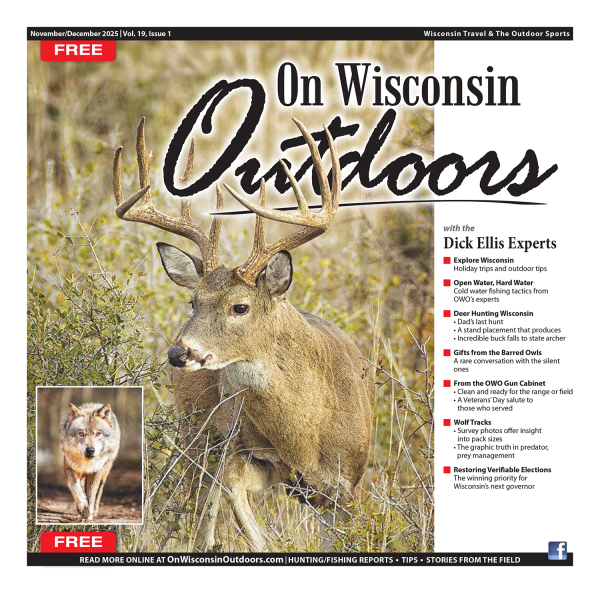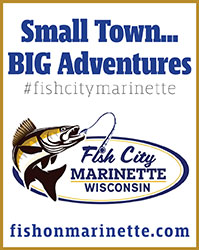Register now for workshop to attract songbirds to your land;
Session aims to enhance Great Lakes habitat for migratory birds
CONTACT: Kim Grveles, DNR, (608) 264-8594
PORT WASHINGTON - Registration is now underway for a one-day fall workshop aimed at helping property owners along Wisconsin’s Great Lakes coasts use native plants to attract and sustain migratory songbirds moving through the region.
The workshop, “2012 Grosbeaks Galore,” is set for Saturday, Oct. 13, in Port Washington and is sponsored by the Wisconsin Stopover Initiative , a partnership among state, federal and local agencies, organizations, businesses and individuals to protect, conserve and enhance habitat for migratory birds.
The morning session and lunch will take place at the Country Inn and Suites, 350E Seven Hills Road, Port Washington. Afternoon field tours will be held at Forest Beach Migratory Preserve just north of Port Washington, in Ozaukee County.
“This is a great opportunity to learn how to help save our songbirds and to bring more of them and other wildlife to your own backyard,” says Kim Grveles, DNR ornithologist and coordinator of the Wisconsin Stopover Initiative. “Please register soon as available space is filling up fast.”
To register, call or write Kim Grveles at DNR. Call (608) 264-8594 or email Kim.Grveles@Wisconsin.gov.
The event is $15 and includes lunch and break food, a list of renowned speakers, indoor and outdoor activities, and door prizes, Grveles says.
More details on workshop
Speakers include Bill Volkert, who recently retired after 27 years as the DNR naturalist at Horicon Marsh; Grveles, Bill Mueller and Scott Diehl of the Western Great Lakes Bird & Bat Observatory and Wisconsin Humane Society - Wildlife Rehabilitation Center, Vicki Piaskowski, formerly of Birds Beyond Borders, Zoological Society of Milwaukee, and Dr. Noel Cutright, legendary Wisconsin ornithologist with the Western Great Lakes Bird and Bat Observatory, Grveles says.
In addition to these speakers, there will be activities both indoors and outdoors, native plant vendors and restoration consultants, displays and presentations on the Bird City Wisconsin program, invasive plants and how to deal with them, and insects on which migratory birds depend, and guided walks around Forest Beach Migratory Preserve. That preserve is being developed specifically for migratory songbirds, Grveles says. “Come look at the preserve, learn what we are doing, and how you can attract many more bird species to your land or yard and provide habitat for them!,” she says.
Migratory birds, including both game and non-game species, regularly move between summer breeding grounds and non-breeding wintering areas. During migration, they must stop to feed and rest at what are known as stopover sites, the bird equivalent of overnight stays at motels on long road trips. Migratory birds, many weighing less than half an ounce, travel hundreds to thousands of miles between breeding and wintering areas and, with few exceptions, must use several stopover sites along the way.











